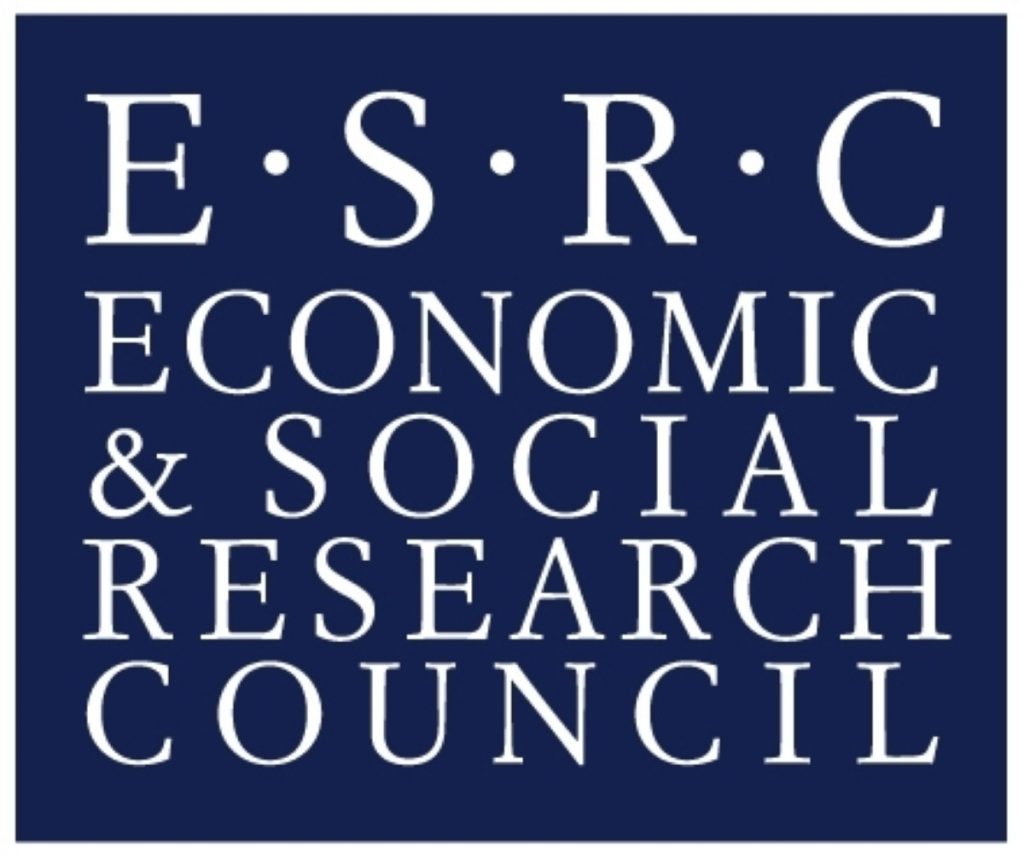ESRC: Festival of Social Science: Berlin Wall marked a difference in parenting
Date: 4th November 2014
Time: 19.30 – 21.00 hrs
Location: Egham
After the fall of the Berlin Wall in 1989, the birth rate in East Germany effectively halved. The change from communism to capitalism signified a period of intense economic uncertainty in the country, putting many people off having children. Those who were born at this time grew up markedly different from other generations, being 40 per cent more likely to commit crimes as adults. So what happened? New research presented as part of the 2014 ESRC Festival of Social Science reveals that the answer may lie in the parent's affinity for risk.
Dr Arnaud Chevalier and Dr Olivier Marie set out to investigate what made the ‘children of the wall’ so unique. They found that women who gave birth in East Germany just after the end of the communist regime were on average younger, less educated, more likely to be single and less likely to be in work than the average woman at that time. The mothers were also much more likely to be risk takers.
It seems that the mothers of this group, or 'cohort' of young people passed this onto their children, who themselves grew up more willing to take risks. The children on average did less well at school, and were more likely to commit crimes.
To look at the possible role that parenting may have had on the outcomes of these young people, Dr Chevalier and Dr Marie studied the German Socio-Economic Panel, a longitudinal survey conducted in Germany where, at the age of 17, children are asked to rate the quality of parental support that they received when growing up. The children who were born between 1991 and 1993 in the Eastern states of the newly re-unified Germany rated their parents much less favourably than children who were born in previous years.
“What we found was that children who were born in East Germany shortly after the fall of the Berlin Wall said that their parents were not as good at parenting,” says Dr Chevalier.
“We believe that the unique nature of this generation in Germany can be explained by the lower than average parenting skills of those who decided to have children during a period of high economic uncertainty,” says Dr Chevalier.
To make sure that it was the quality of parenting, and not aspects of the environment and time that they grew up in that were responsible for the generation's behaviour, the researchers looked at the older siblings of the 'children of the wall'. These siblings also reported having a poor relationship with their mother, and were also much more willing to take risks.
“The economic circumstances of the country at that time clearly affected the type of people who chose to become parents. Clearly those who were risk averse decided not to have children, meaning a disproportionately large amount were born to risk loving parents. As these parents also tended to be younger and less educated, they may have lacked the parenting skills of older or more educated adults,” says Dr Chevalier.
For further information contact:
· Dr Arnaud Chevalier
Email: Arnaud.Chevalier@rhul.ac.uk
Telephone: +49 15730468470
ESRC Press Office:
· Aaron Boardley
Email: Aaron.Boardley@esrc.ac.uk
Telephone: 01793 413122
· Susie Watts
Email: Susie.Watts@esrc.ac.uk
Telephone: 01793 413119
NOTES FOR EDITORS
1. Event: The Children of the Wall
Location: Horton Building, LTH2, Royal Holloway, Egham Hill, Egham, TW20 0EX
Date: 4 November 2014, 19.30 – 21.00
2. Dr Arnaud Chevalier’s research was also funded by a British Academy Mid-Career Fellowship which ran from 2013-14.
3. The 12th annual Festival of Social Science takes place from 1-8 November 2014 with over 200 free events nationwide. Run by the Economic and Social Research Council, the Festival provides an opportunity for anyone to meet with some of the country’s leading social scientists and discover, discuss and debate the role that research plays in everyday life. With a whole range of creative and engaging events there’s something for everyone including businesses, charities, schools and government agencies. A full programme is available at www.esrc.ac.uk/festival. You can also join the discussion on Twitter using #esrcfestival.
4. The Economic and Social Research Council (ESRC) funds research into the big social and economic questions facing us today. We also develop and train the UK’s future social scientists. Our research informs public policies and helps make businesses, voluntary bodies and other organisations more effective. Most importantly, it makes a real difference to all our lives. The ESRC is an independent organisation, established by Royal Charter in 1965, and funded mainly by the Government. In 2015 the ESRC celebrates its 50th anniversary. www.esrc.ac.uk.





-01.png)